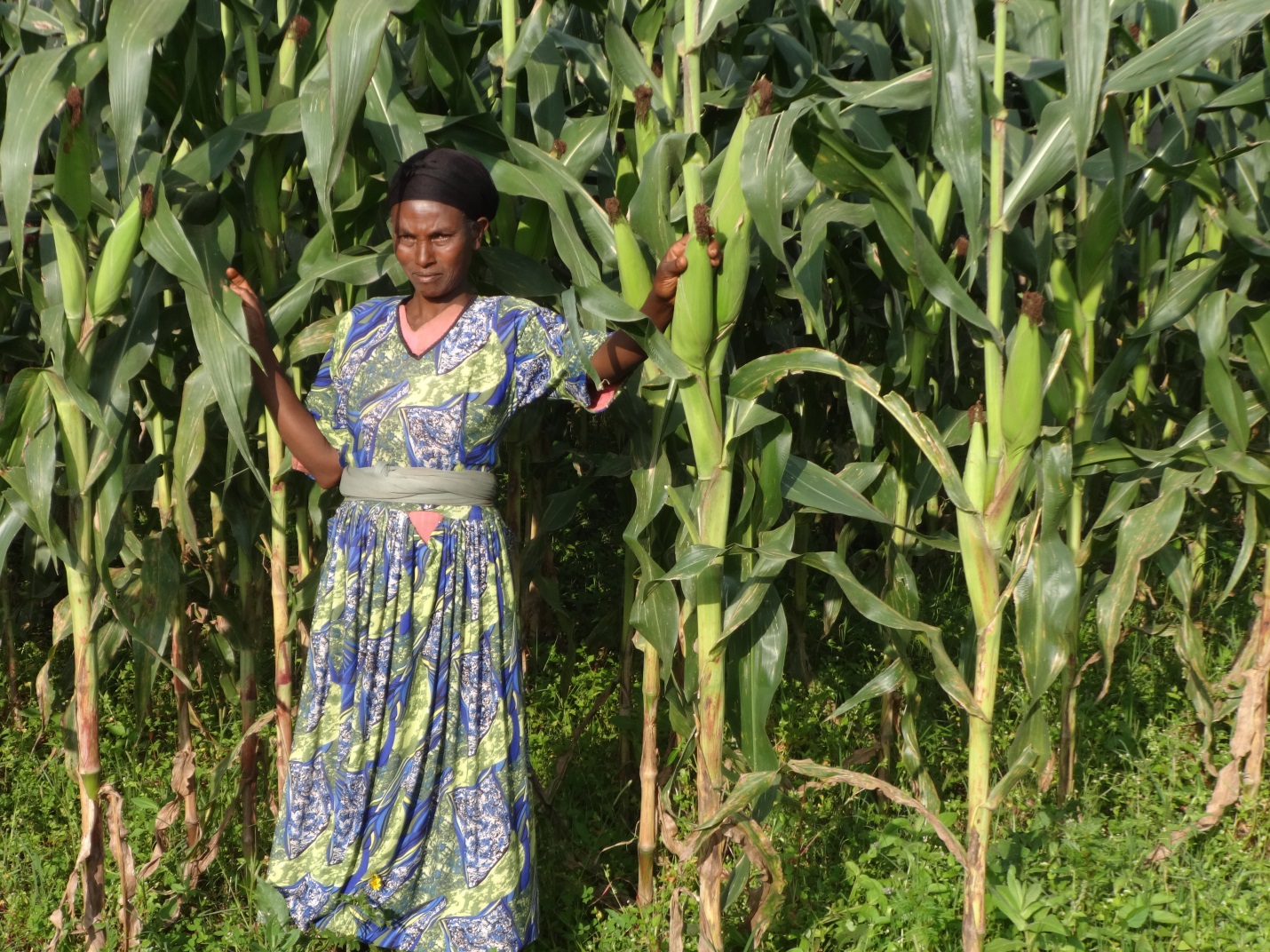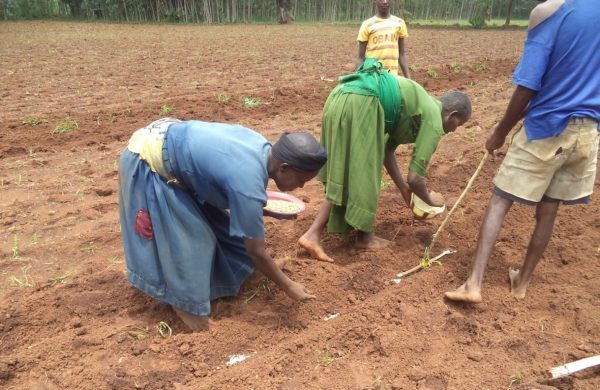
ADDIS ABABA, Ethiopia (CIMMYT) — The Nutritious Maize for Ethiopia (NuME) project was selected as a key actor in agricultural and rural innovation in Ethiopia by the Capacity Development for Agricultural Innovation Systems project (CDAIS).
Funded by the European Commission and implemented by AGRINATURA and the Food and Agriculture Organization of the United Nations (FAO), CDAIS is a global partnership on capacity development for agricultural innovation systems (AIS), or collaborative arrangements that bring together several organizations working toward technological, managerial, organizational and institutional change in agriculture. CDAIS aims to make AIS more efficient and sustainable in meeting the demands of farmers, agri-business and consumers.
CDAIS identified NuME as one of the most successful projects in Ethiopia in its scoping study, largely based on its ability to demonstrate how multi-sectoral networks facilitate and speed-up the dissemination of quality protein maize (QPM) technologies and strengthen innovation. The QPM technology promoted is a biofortified type of maize with improved protein quality due to its enhanced amino acid profile that makes it more useful in human and animal nutrition.

NuME is founded on a network of key implementing partners from Ethiopian research institutions, national agricultural research and extension systems, international non-governmental organizations, universities and public and private seed companies and is implemented in 36 woredas (districts) of the four major maize producing and consuming regions of Ethiopia. Such multi-sectoral networking of actors has proved to be one of the most important factors that can bring remarkably high rates of adoption of technologies bya large number of farmers in different countries.
All partners work together to ensure QPM spreads to as many farmers as possible. For example, Farm Radio International (FRI) collaborated with local radio stations, designing an appropriate multilingual participatory radio campaign on nutrition, protein and QPM benefits. Universities and Agricultural Technical and Vocational Education Training (ATVETs) produce agricultural experts with technical knowledge and skills in the field of QPM production and management. Meanwhile private sector seed companies produce and market QPM to meet the growing demand for the technology across the country.
The project has also brought the issue of QPM to the attention of policy makers and national agricultural development planners. As a result, Ethiopia’s Ministry of Agriculture and Natural Resources (MoANR) and the Agricultural Transformation Council have included QPM as a priority commodity in the national agricultural development plan. In 2014, MoANR set the target to increase the QPM production area to 200,000 ha within three years (2015-17), an area that is approximately 10 percent of the total land area devoted to maize production in the country.
Learn more about what makes NuME a success here.
NuME is funded by Global Affairs Canada (GAC) and implemented by CIMMYT-Ethiopia in collaboration with various stakeholders from agriculture, nutrition and health sectors. The project is designed to contribute to the reduction of malnutrition, especially among women and young children, and to increase food security for resource-poor smallholder farmers in Ethiopia through the widespread adoption, production and utilization of QPM varieties and crop management practices that increase farm productivity.

 Capacity development
Capacity development